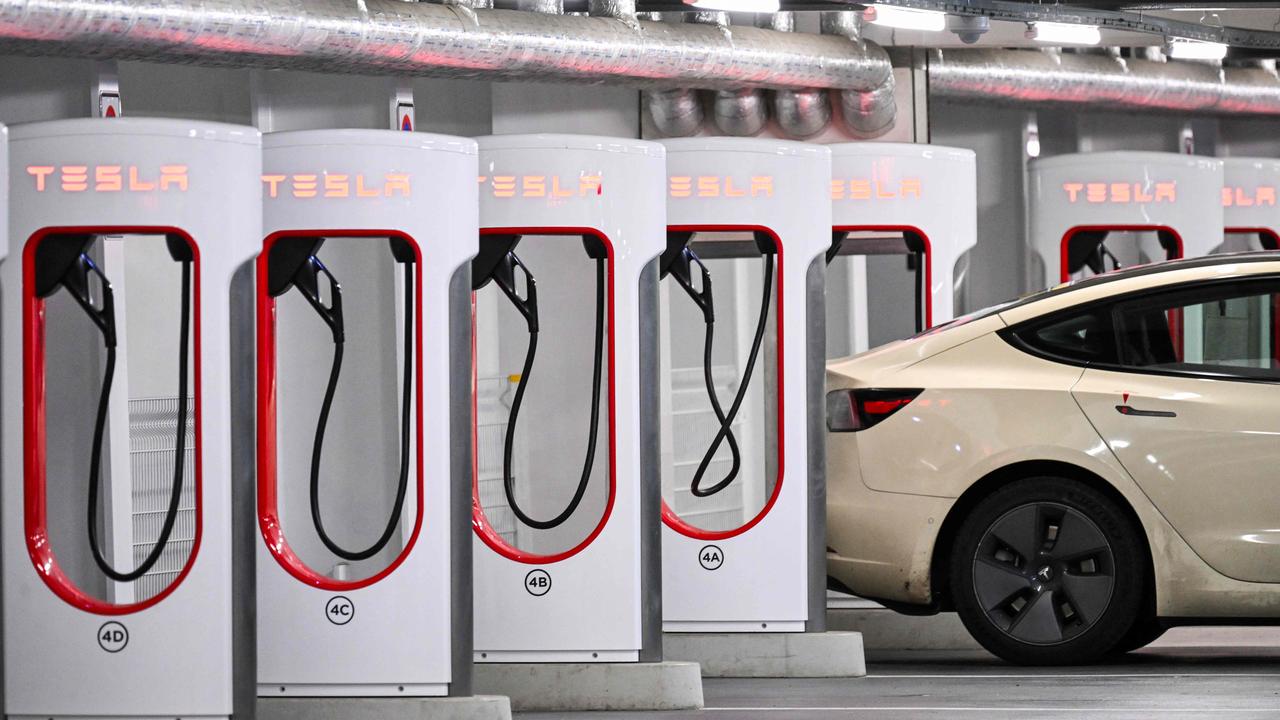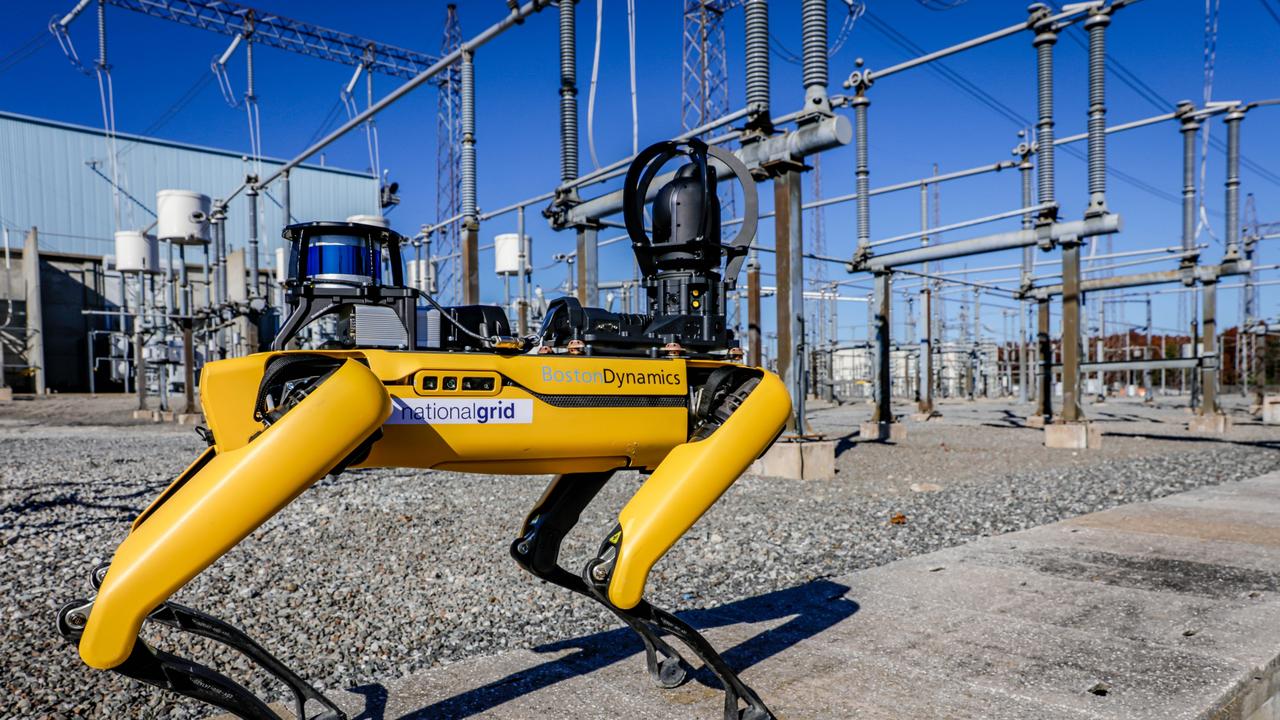Revealed: Good and bad of AI tools in banking, crime, health & military
While artificial intelligence has the potential to change our world, it could also cost almost half a million Aussies their jobs. See if your occupation is at risk.

From the way we work to the way we get around, artificial intelligence has the potential to change the world around us.
But is it a $115bn a year opportunity – or a threat to the way we live? Here’s how AI could change jobs, crime, medicine, transport and war.
JOBS
Almost half a million Australians hold jobs that are at risk of being up-ended by artificial intelligence, according to research from economics consultancy Mandala.
Well-paid, tertiary-qualified workers including lawyers, management analysts, academics and counsellors are most at risk, while blue collar or manual jobs are absent from Mandala’s list of the top 10 at-risk occupations.
According to research by peak body the Tech Council of Australia, about 20 per cent of what Australians do at work can be taken over by automation.
The council estimates AI could be worth up to $9bn a year in retail, where applications include helping support staff deal with complaints, and up to $13bn a year to the financial services industry, which could automate a raft of routine tasks that are currently done manually.
But the body’s chief executive, Kate Lord, says bosses would be “pretty stupid” to take advantage of AI to sack workers.
“Usually there’s other things a person could have been doing with that time that might be even more valuable, which they can now fill it with,” she said.
“So what happens is the job changes rather than going away.”
The head of the Transport Workers Union, Michael Kaine, said that the algorithms used to allocate jobs to delivery riders needed to be reined in or there would be “horrific consequences”.

“Without a human to talk to, workers are faced with the distress of instant job loss when they’re deactivated from their income source.
“The deadly pressure to avoid this means riders and drivers are working too long and too fast.”
“So far, 15 transport gig workers have been killed in Australia.”
TRANSPORT
Tesla boss Elon Musk has been promising fully self-driving cars for a decade – and they still aren’t here.
But autonomous vehicles are big in mining, where the environment is more controlled (although still dangerous).
Australia has the world’s biggest fleet of self-driving mining trucks, with at least 575 of the giant vehicles hard at work in our industry – more than half the number in operation worldwide.
Mr Musk first promised self-driving cars in 2013, saying they were coming by 2016. He made the promise again, in various forms, every year since, but has failed to deliver.
At least 42 people have been killed in Tesla crashes involving autopilot since the technology was introduced in 2015.
WAR
The famous robot dogs developed by US company Boston Dynamics aren’t just cute – they’re also potentially deadly.
While they are primarily advertised as a scout, they can be armed with rifles to shoot people.
Boston Dynamics’ dogs don’t have the kind of AI systems that would allow them to find their own targets, but the technology exists.
The US army has fitted Abrams tanks with an AI target acquisition system that sits over the gun and uses sensors to find potential targets.
On a larger scale, the Israeli military is using AI to find targets in its attacks on Hamas in Gaza.

The system, dubbed Habsora (Hebrew for “the Gospel”) sifts through data to produce lists of up to 100 targets a day.
CRIME
The Australian Federal Police is using AI to fight everything from child abuse to money laundering and fraud by building big databases that can be sifted for clues.
But its use of AI technology has already landed the force in hot water, with the Privacy Commissioner in 2021 finding it broke privacy rules by using US facial recognition technology Clearview, which scrapes photos from people’s social media without their permission.
For its most recent AI project, building a database of innocent childhood pictures to help detect images of child abuse, the AFP has sought consent rather than scraping from the web.
The force is also building in-house databases of surveillance material, including phone taps, obtained under warrant, which it hopes to mine using AI.
It also hopes to use AI to sift banking transaction data looking for money laundering and fraud.
LEGAL AND FINANCIAL SERVICES
The Tech Council estimates that AI in law and finance could be worth up to $13bn a year, with 36 per cent of the work of accountants and up to 10 per cent of the work of solicitors able to be automated.
It says tasks such as creating standard legal documents and drafting contracts could be done or assisted by AI.
But regulators are concerned finance companies will use AI against their customers.
The Australian Securities and Investments Commission has launched legal action against insurance giant IAG, alleging that it used an algorithm to punish customers who were less likely to cancel by giving them a smaller loyalty discount than those at risk of leaving.
IAG denies the allegations.
More Coverage
Originally published as Revealed: Good and bad of AI tools in banking, crime, health & military




